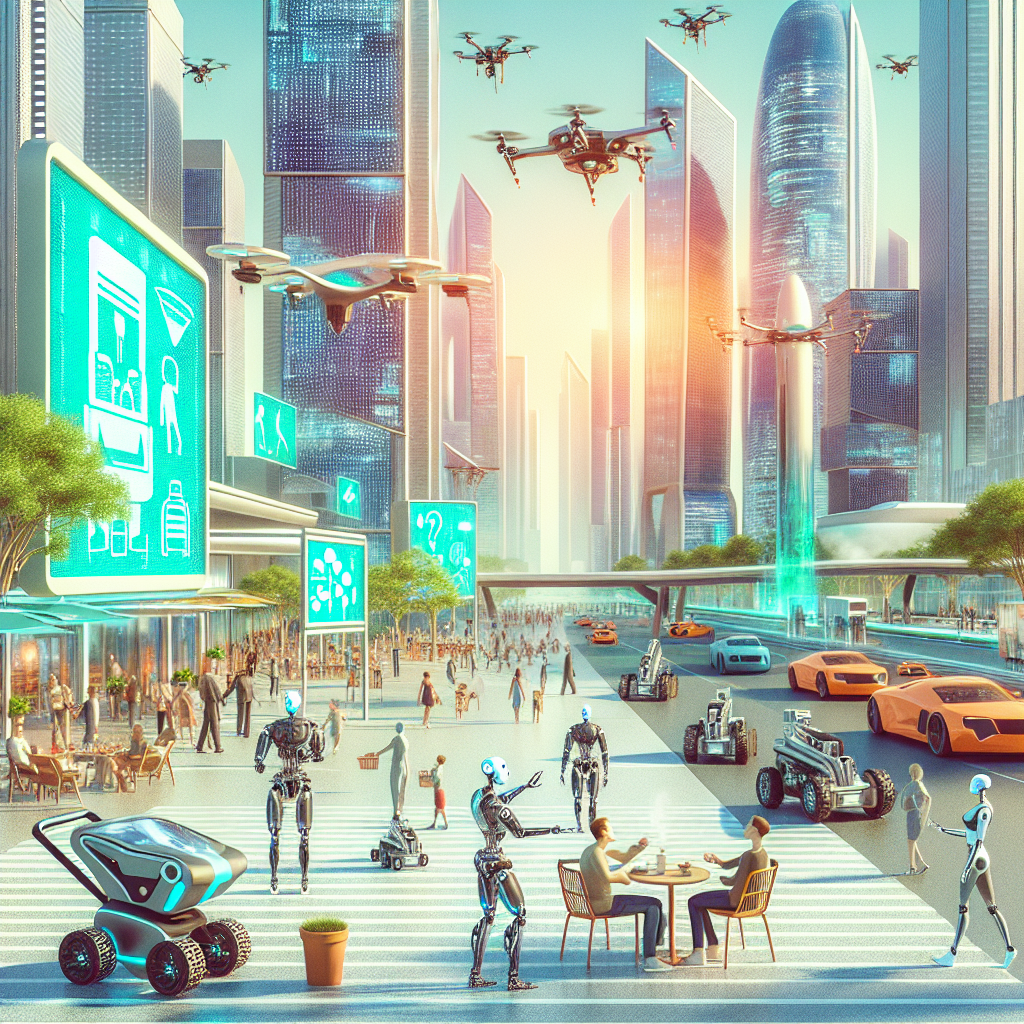Future of Work in AI Economies
In 1779, a group of English textile workers known as the Luddites destroyed weaving machinery in protest against the threat automation posed to their jobs. Fast forward to today, and we find ourselves at the precipice of a similar technological revolution, only this time, it’s not looms being replaced—it’s lawyers, drivers, and even coders. As we step into post-AI economies, the future of work in AI economies is no longer a theoretical debate; it’s an unfolding reality.
The Automation Tipping Point
With the explosive growth of machine learning, natural language processing, and robotics, industries are rapidly integrating AI into their operations. From autonomous delivery systems to algorithmic financial advising, AI is not just enhancing productivity—it’s replacing tasks once thought uniquely human. According to a McKinsey report, up to 45% of current jobs could be automated with existing technology.
The future of work in AI economies will be fundamentally different from the job markets of the past. We’re not just talking about job displacement—we’re witnessing a redefinition of what it means to work.
Shift from Labor to Leverage
In AI-driven societies, human labor won’t disappear, but it will evolve. Those who thrive will be the ones who know how to leverage machines rather than compete with them. In practical terms, this could mean:
- Upskilling and Reskilling: Workers will need to continuously learn new skills, especially in data analysis, programming, and AI management.
- Soft Skills Dominate: Emotional intelligence, creativity, ethics, and critical thinking will become more valuable—areas where humans still outperform AI.
- Entrepreneurial Mindsets: The decentralized nature of AI tools will empower individuals to build startups, create new markets, or offer niche services globally.
Universal Basic Income: Safety Net or Necessity?
As machines take over routine and even some complex tasks, discussions about Universal Basic Income (UBI) are gaining momentum. A guaranteed income could decouple survival from employment, offering people the freedom to pursue education, caregiving, creative arts, or other pursuits which may not be traditionally remunerated.
Nations like Finland have already piloted UBI with promising results, suggesting it might be a viable model in AI-dominant economies. To explore this concept further, consider reading this World Economic Forum article on UBI.
The Ethical and Social Contract
As more economic value is created by machines, the question arises: Who benefits? The concentration of AI power in the hands of a few corporations or governments could worsen inequality. Ensuring broad access to AI technologies and enforcing ethical policies will be crucial in shaping fair and inclusive AI economies.
Governance and Global Collaboration
Global cooperation will be essential to align regulations, taxation strategies, and data privacy frameworks. For the workforce of the future to flourish, policies must be proactive rather than reactive, designed for agility and innovation.
Conclusion: The Work of the Future Is a Human Legacy
The future of work in AI economies isn’t about machines replacing humans—it’s about machines doing what they do best, so humans can do what only they can do. If we can reimagine our relationship with labor while maintaining ethical stewardship of technology, the AI economy might not signal the end of work, but the beginning of more meaningful lives.

